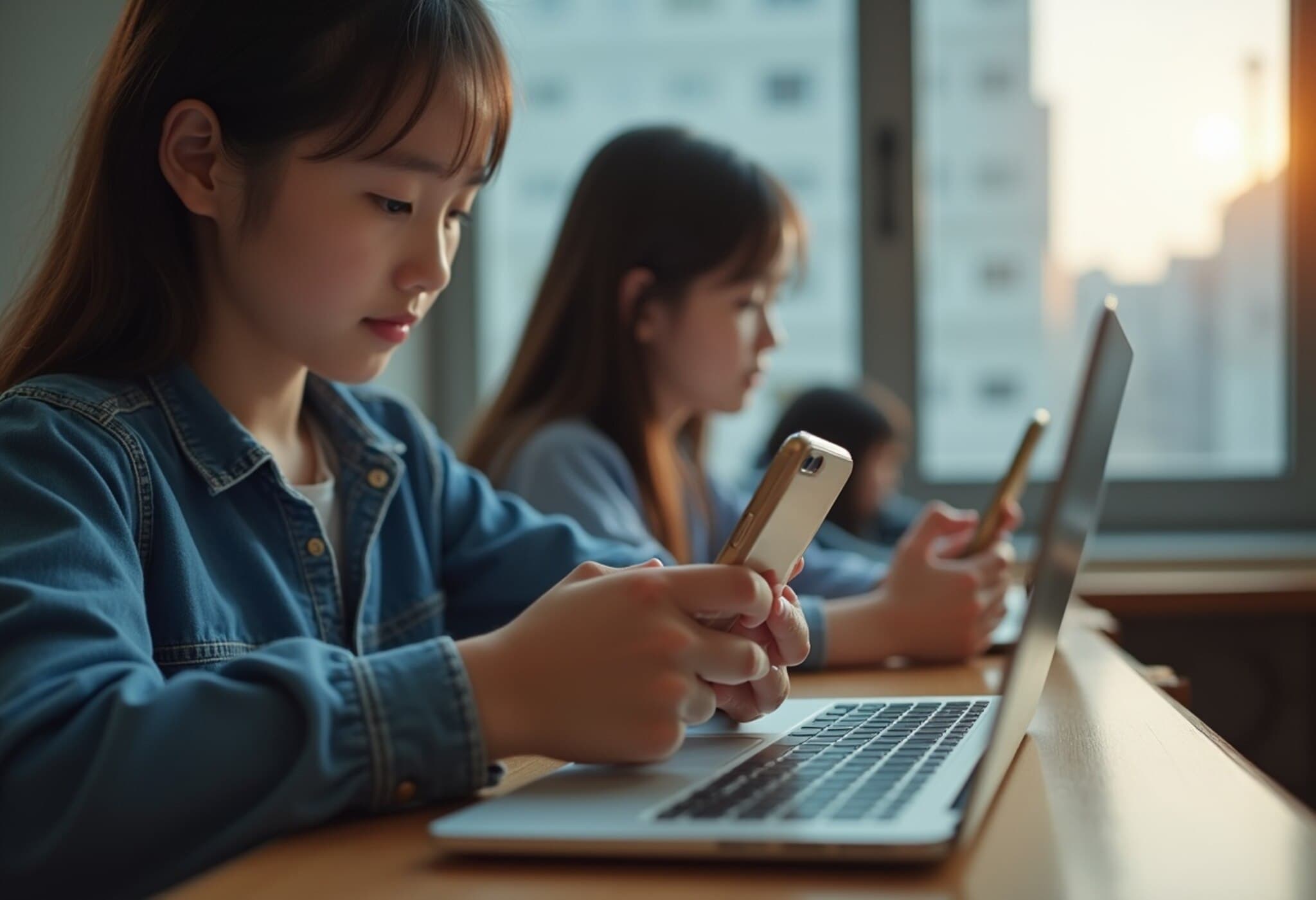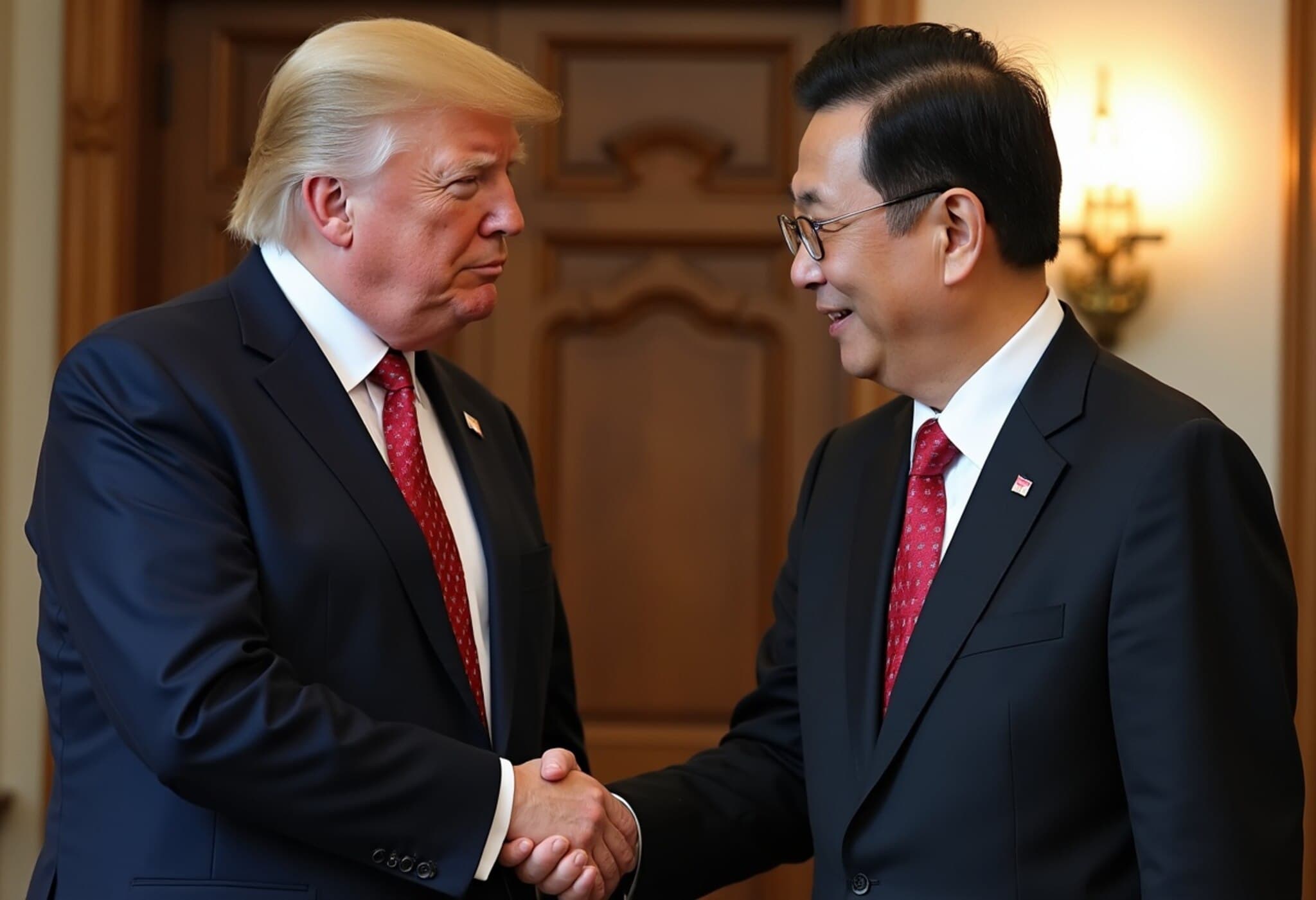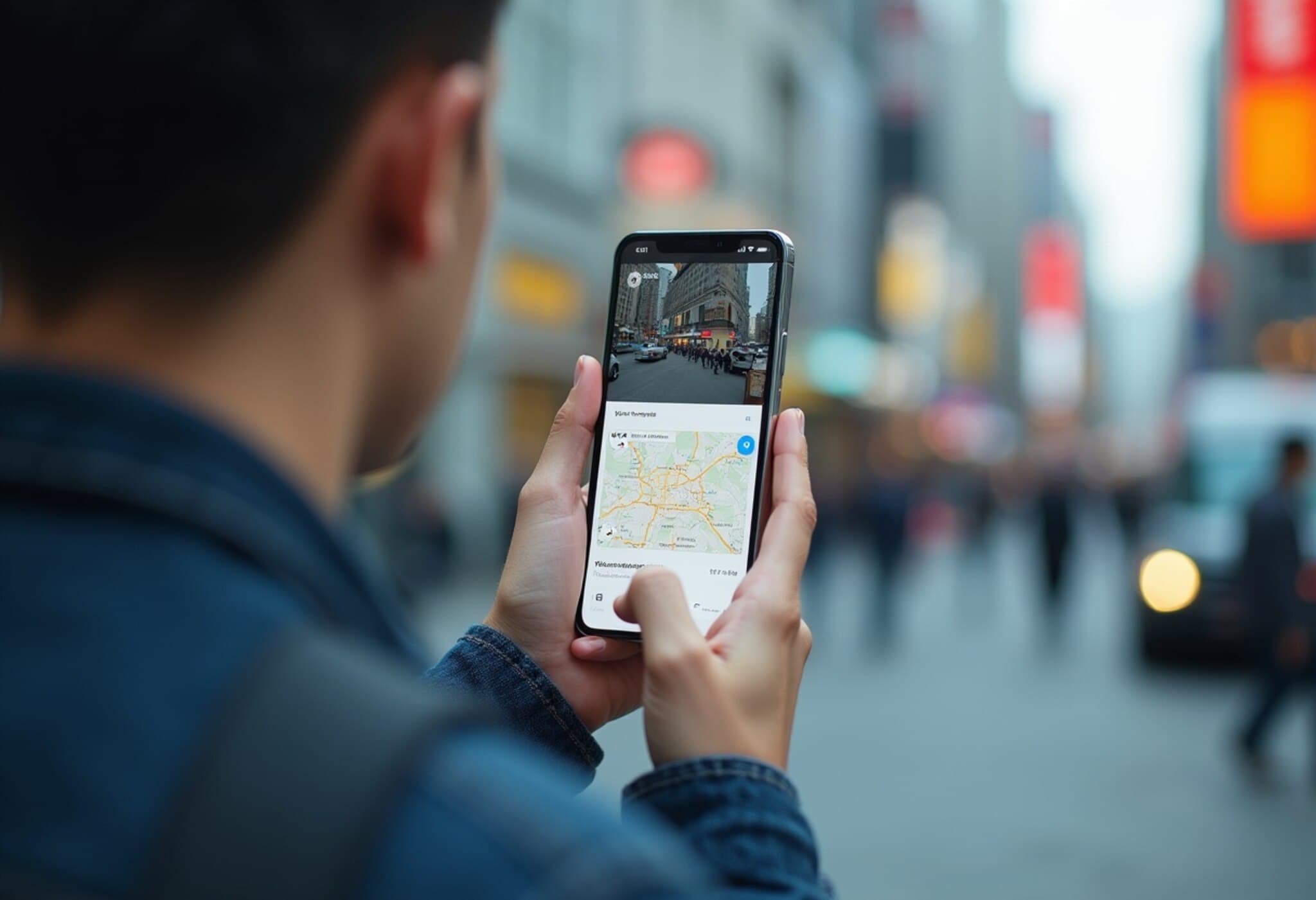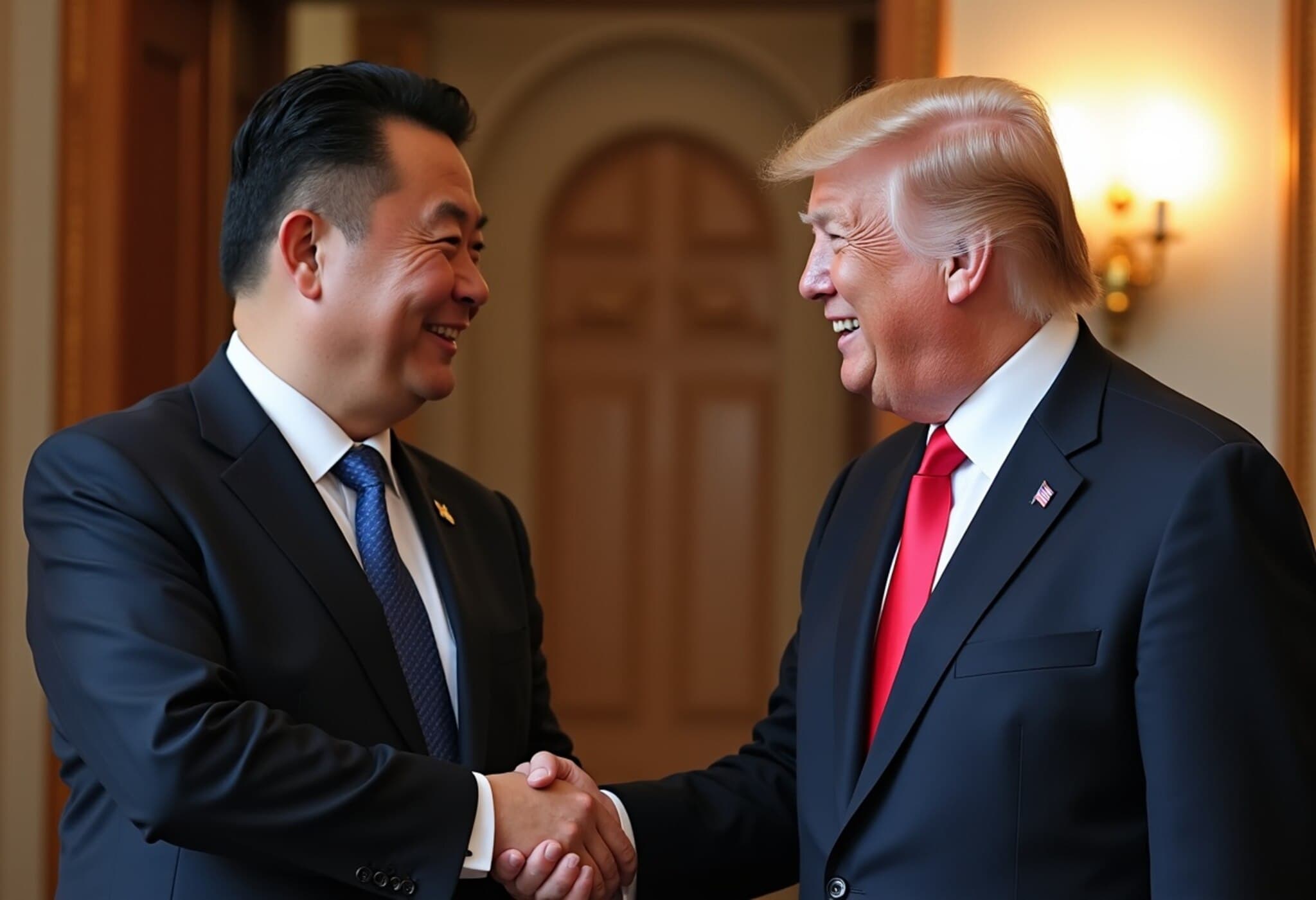South Korea Implements Nationwide Smartphone Ban in Schools
Starting March 2026, South Korean students will no longer be allowed to use smartphones during class hours. This groundbreaking legislation is the culmination of bipartisan efforts aimed at curbing the rising tide of smartphone addiction amongst children and teenagers, a phenomenon alarming educators, parents, and public health experts alike.
Why the Ban? Tackling a National Concern
Recent studies and surveys reveal a troubling trend: more than one-third of South Korean teens admit struggling to limit their screen time, particularly on social media platforms dominated by endlessly scrollable videos. The issue is so widespread that a 2024 government survey found approximately 51 million South Koreans are overusing their phones beyond healthy levels.
Mrs. Choi Eun-young, mother of a 14-year-old Seoul student, voiced a sentiment echoing many parents. "Our children just can’t seem to put their smartphones down," she told the BBC. "At school, they should be focusing on learning, forming friendships, and engaging in extracurricular activities. Instead, the pull of their phones distracts them constantly, even when they are with their friends."
International Perspectives on Phone Restrictions in Schools
South Korea is not alone in this struggle. Countries such as Finland and France have initiated limited bans, primarily targeting younger students. Meanwhile, Italy, the Netherlands, and China have adopted stricter policies, banning mobile phone use entirely during school hours across all age groups.
South Korea’s new law aligns with this broader global movement, but its comprehensive and nationwide scope marks a notable escalation in the effort to reclaim classroom attention.
Support and Opposition: A Delicate Balance
The legislation enjoys robust support from many parents and educators who witness firsthand how smartphones can erode academic performance and social engagement. However, the Korean Teachers and Educational Workers’ Union represents a critical voice of dissent, arguing the ban infringes upon students’ rights to access information and maintain social connections.
High school teacher Cho Young-sun elaborates, "Students currently rely on apps like KakaoTalk and Instagram not just for socializing but because their opportunities to meet friends outside cram schools are limited. The ban might unintentionally reduce their ability to maintain essential social bonds amid a highly competitive academic environment."
Wider Implications: More Than Just Screen Time
This smartphone restriction opens the door to broader questions about youth well-being and educational priorities in an age dominated by digital technology. As South Korea grapples with intense academic pressures and a youth culture deeply connected online, policymakers face the delicate task of balancing digital literacy with mental health and academic focus.
Experts emphasize that while limiting smartphone usage during class can improve concentration, it must be paired with supportive measures that foster healthy digital habits rather than punitive controls alone.
Editor’s Note
South Korea’s decisive move to ban smartphones during school hours spotlights a critical challenge in modern education: managing technology use without sacrificing connectivity or autonomy. This policy invites reflection on how societies can foster balanced relationships with technology that enhance, rather than hinder, learning and social development. As other nations watch closely, we must consider not just how often young people use devices, but how we guide them towards mindful, purposeful engagement online.

















